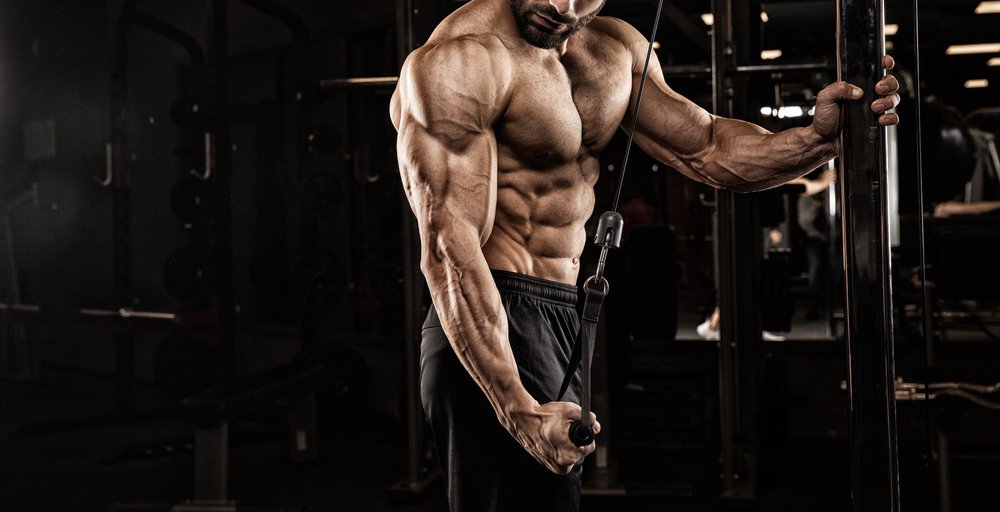
Bodybuilding Diet Tips For Vegans
When it comes to bodybuilding, protein is, without a doubt, one of the most important macronutrient to have at our disposal, and as most common protein sources are derived from animal products, those who follow a vegan lifestyle may find it challenging to meet their daily macro requirements. Veganism is not simply a dietary choice, it is a way of life, and it is one which must be respected and adhered to at all times. One common misconception when it comes to bodybuilding, is that vegans cannot build adequate amounts of muscle to be considered bodybuilders, because they are unable to get enough protein into their bodies from whole food sources. This however, is not the case at all, as there are many vegan bodybuilders, powerlifters, and athletes in general, all over the world, who follow a strict vegan lifestyle and have hugely impressive physiques in the process. Protein is essential for cellular function and regeneration, plus it plays a vital role in the growth, maintenance, and repair of muscle tissue, and although it can be tough for vegans to find whole protein sources at times, there is still plenty to choose from when you know where to look. It isn’t just protein that has to be on point when it comes to veganism and bodybuilding however, as there are the other macronutrients and other dietary aspects to consider as well. If you’re a vegan and are looking to pack on the muscle whilst keeping your physique lean, powerful, and aesthetic, here are some handy diet tips.
Get plenty of beans – When people think of beans, they automatically think of them as being a carbohydrate, and whilst it is true that beans are indeed great sources of slow-release complex carbohydrates, they are also a surprisingly great source of protein as well. Beans come in many shapes and forms, with chickpeas, black eyed beans, aduki beans, and kidney beans all being very popular in the vegan community. Beans are also naturally low in fat, so they are literally perfect for bodybuilding as they are rich in protein, they provide plenty of pre-workout energy, they help replenish glycogen levels after you train, and they are low in fat and relatively low in calories, so they will help to keep you lean in the process. As if that wasn’t enough, there’s also the added bonus of the fact that beans are very versatile and can be used in all kinds of different ways, plus they taste great as well.
Quinoa is a great alternative to rice – Whilst rice, especially brown rice, is a great vegan bodybuilding staple, there is actually an even healthier and more beneficial alternative – Quinoa. Quinoa, pronounced Keen-Wah, is a type of fluffy grain that is similar in texture to couscous. Quinoa is widely considered to be a superfood, as it is jam-packed full of all kinds of different nutrients and healthy ingredients, including vitamins, minerals, and antioxidants. Not only is it very good for your health in general, it is also a perfect food for packing on the muscle, as it is rich in protein and contains even more protein than brown rice, which is also fairly high in the stuff. Quinoa is also able to boast the fact that it is a complete protein source, as it contains all essential amino acids required by the body. Whether used to bulk out your dishes, or being used as a side dish, make sure you get plenty of quinoa in your diet.
Embrace protein powders – Whey protein and casein protein are two of the most popular bodybuilding supplements in the world, but as you’d learn from out article Is Whey Protein Vegan? they are derived from dairy, making them unacceptable on a vegan diet. Worry not however, because there are plenty of other vegan protein powders to choose from, many of which are derived from plant-based sources, and are therefore perfect for vegans and vegetarians. Some of the most popular choices include: pea protein powder , brown rice protein powder , and soy protein powder is also very popular.
Avoid processed foods – Processed foods are not simply processed luncheon meats and fast food ingredients, processed foods come in all shapes and sizes, from all kinds of sources. Many baked goods and cheeses that are marketed as being ‘vegan-friendly’ happen to continue processed ingredients, which do the body no good at all. Processed foods contain unhealthy ingredients, additives, and flavourings, so if you do consume them, only do so on rare occasions, as you should be fuelling your body with healthy nutrients, not junk.
Make healthy fats your friend – Everybody should be getting plenty of healthy fats in their diet on a daily basis in order for them to function and perform at their best, and vegans are no exception. Healthy fats boost brain health and function, they strengthen the immune system, they lower harmful LDL cholesterol, they boost healthy HDL cholesterol, they boost the metabolism, they provide energy, and they improve cardiovascular health in the process. Obviously fish oil supplements, and oily fish is off the menu, but there are plenty of alternatives. Nuts and nut butters, so long as they are all-natural, contain healthy fats, as does coconut oil, avocado, flax seeds, and flaxseed oils, to name but a few.


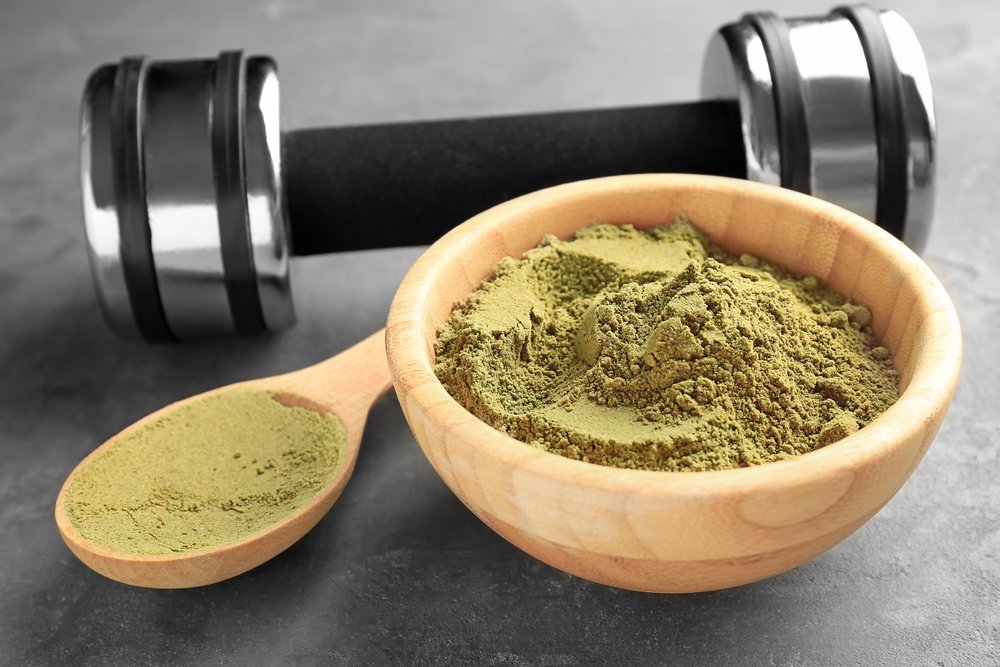
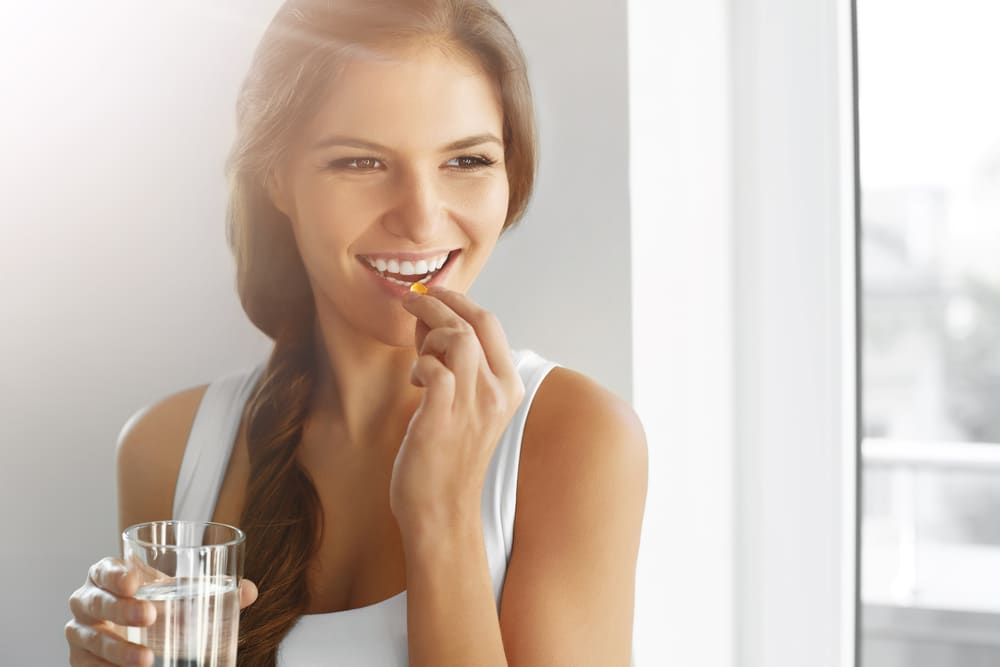
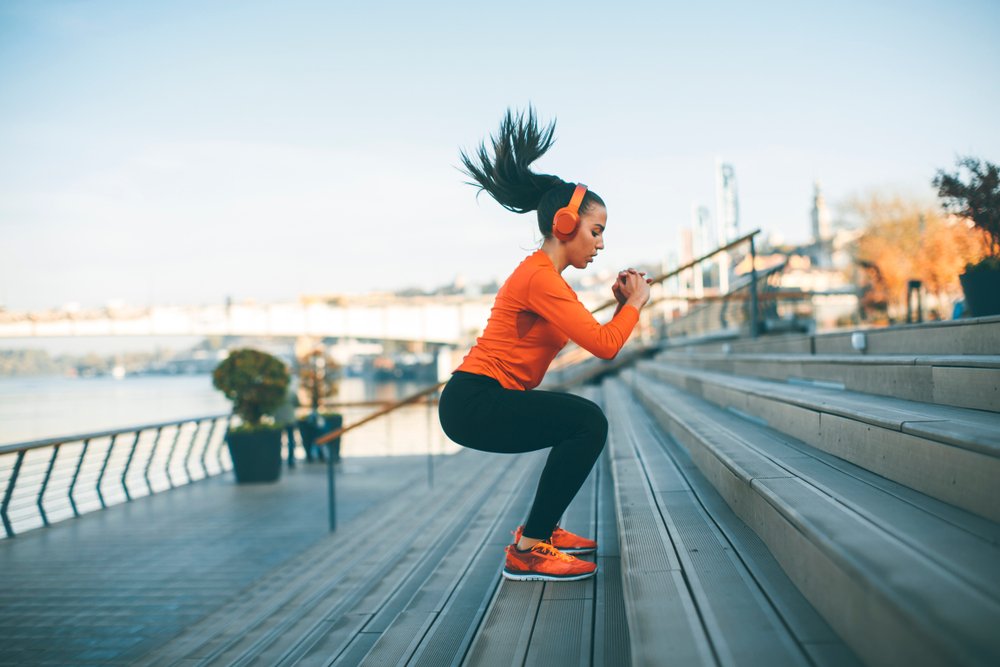
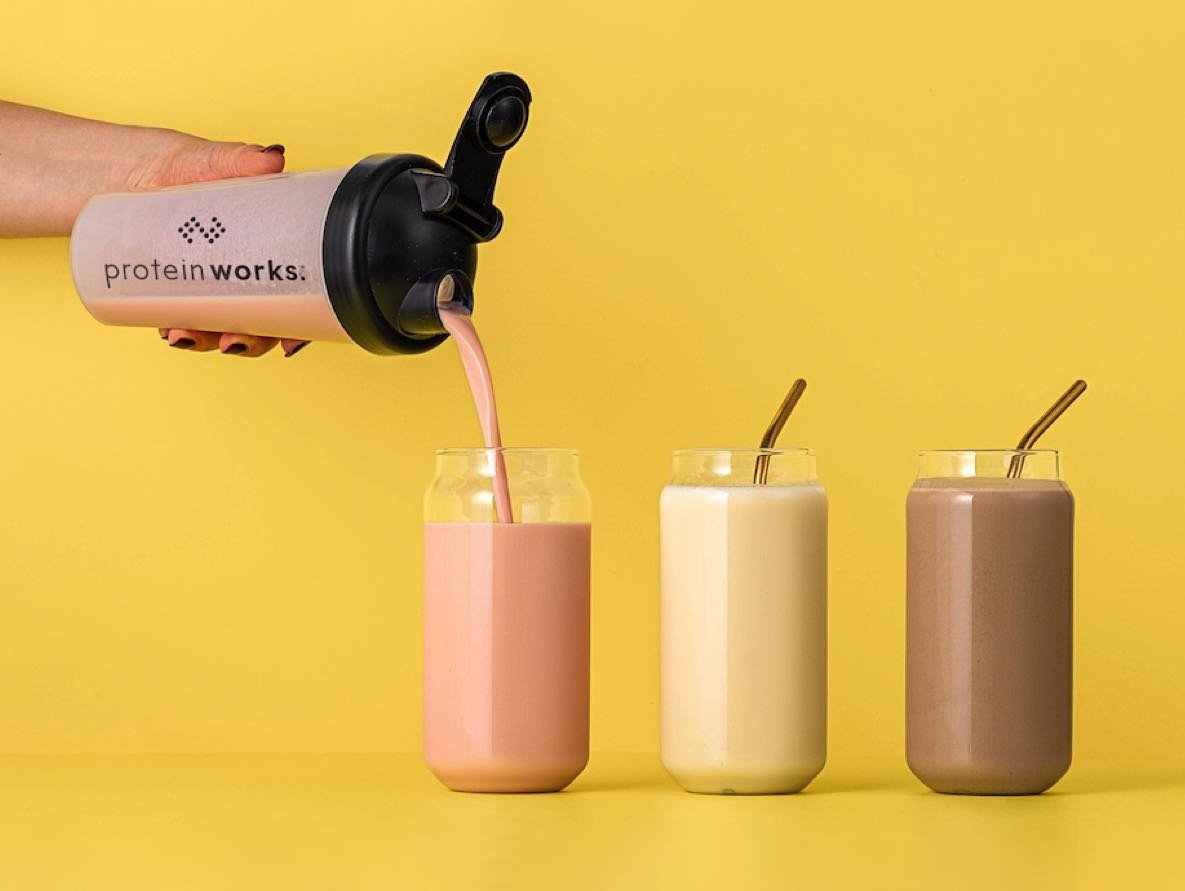
No Comments yet!